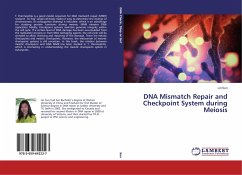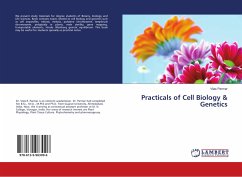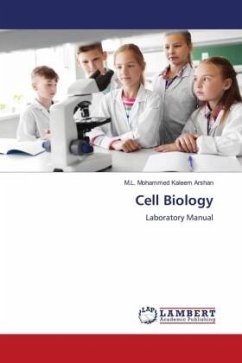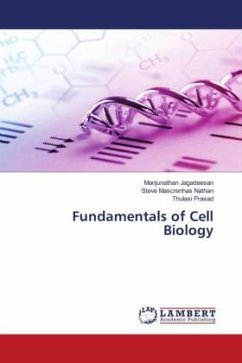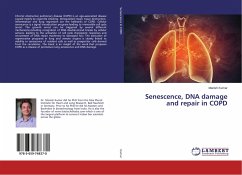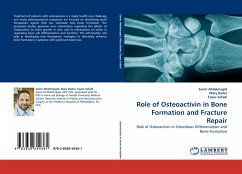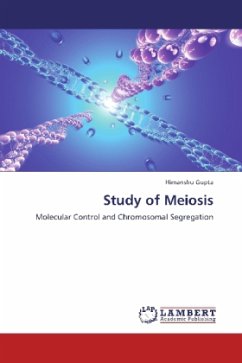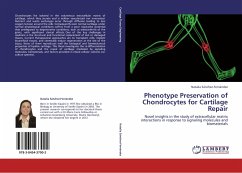T. thermophila is a good model organism for DNA mismatch repair (MMR) research. Its "big" single-cell body makes it easy to determine the change of chromosomes. Its conjugation (mating) is inducible, which is an advantage for studying protein functions during meiosis. MMR elevates DNA replication fidelity. Checkpoint systems maintain genomic integrity within the cell cycle. If a certain level of DNA damage has been accumulated from the replication process or from DNA damaging agents, the cell cycle will be arrested to allow checking and repairing of the damage. There are mitotic checkpoints and meiotic checkpoints. However, the mechanism of meiotic checkpoint systems is still uncertain. In this book, the relation between meiotic checkpoint and DNA MMR has been studied in T. thermophila, which is interesting in understanding the meiotic checkpoint system in eukaryotes.

